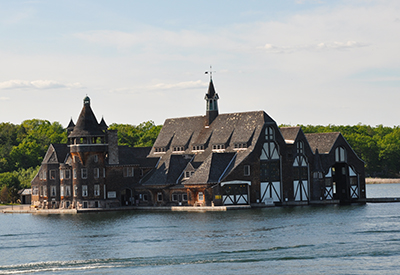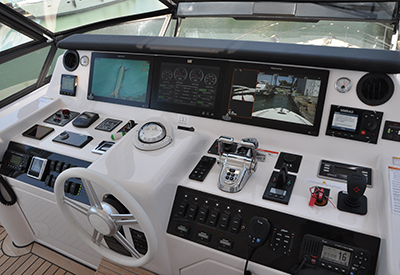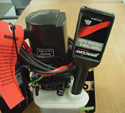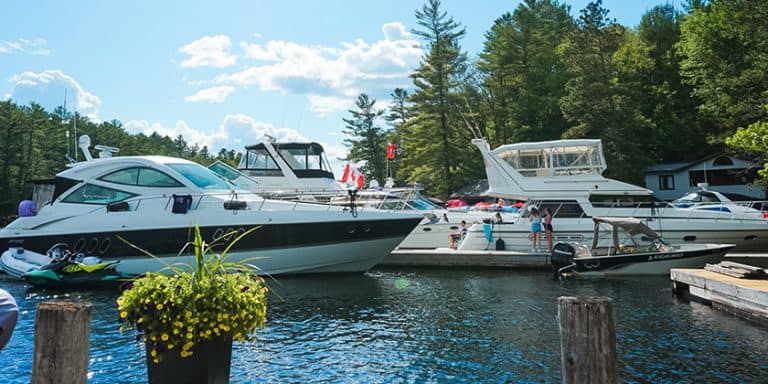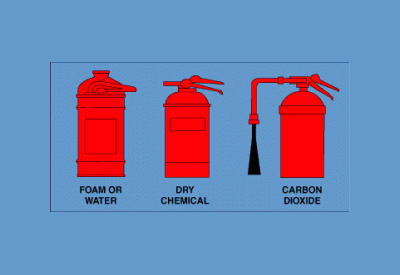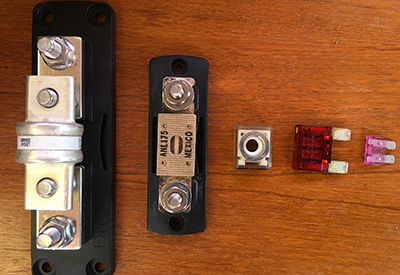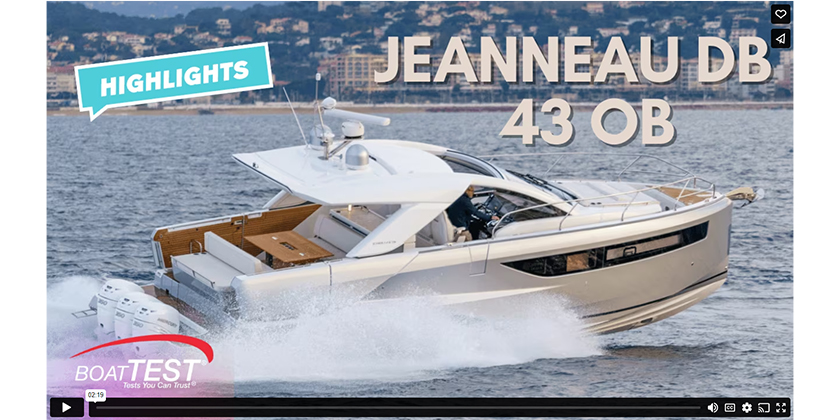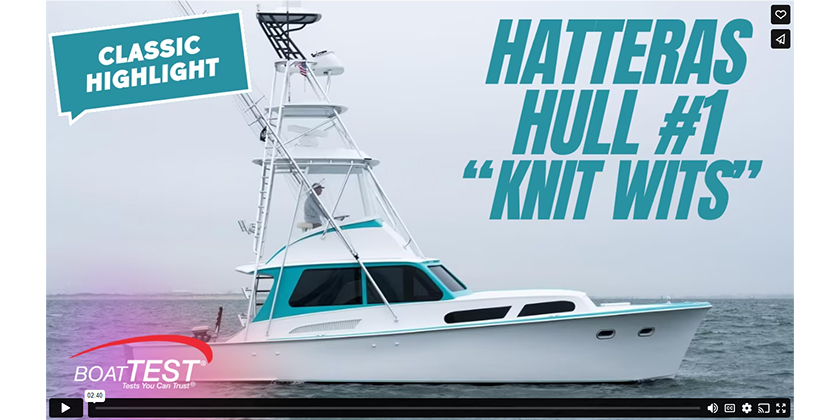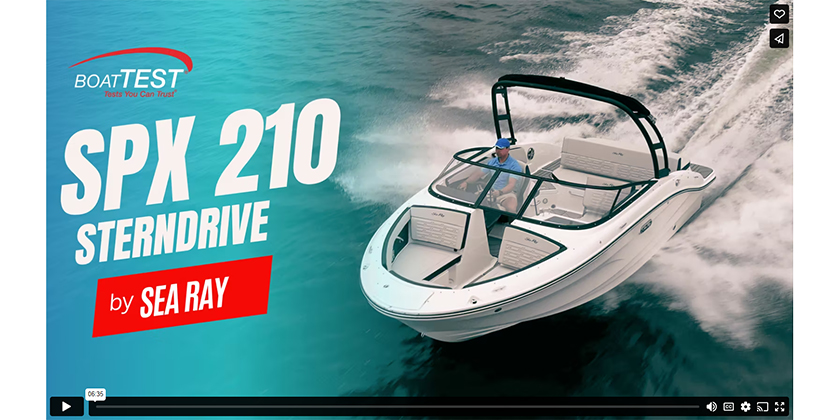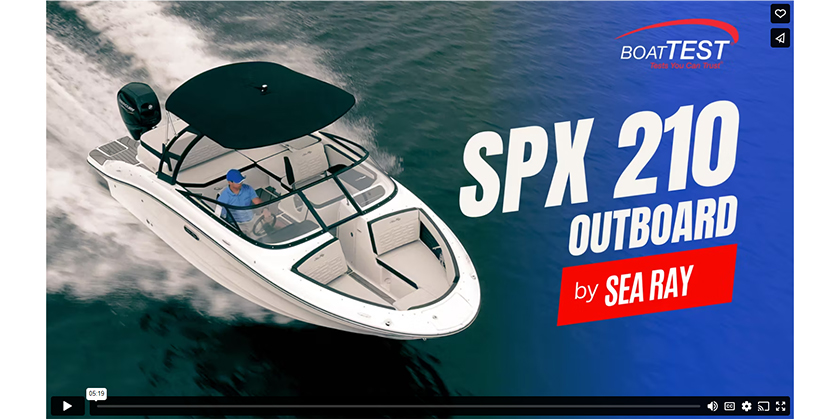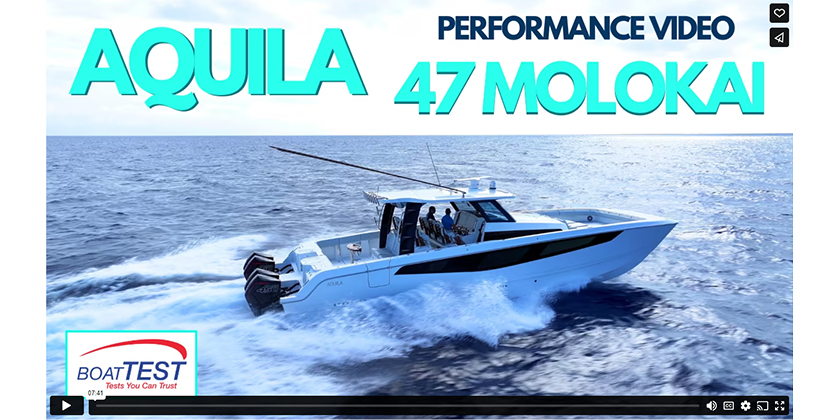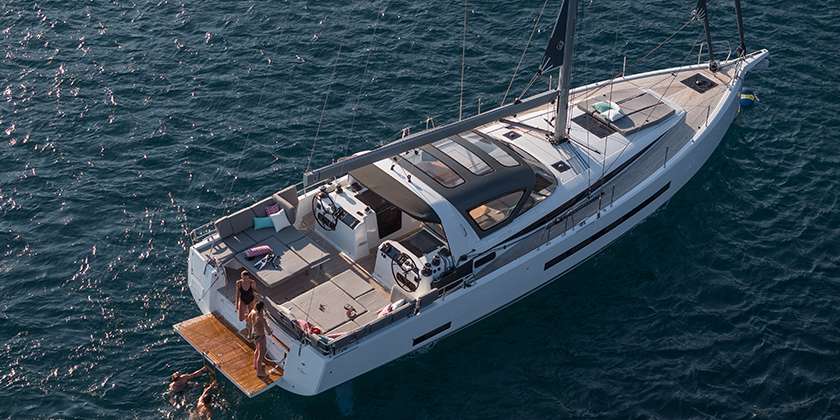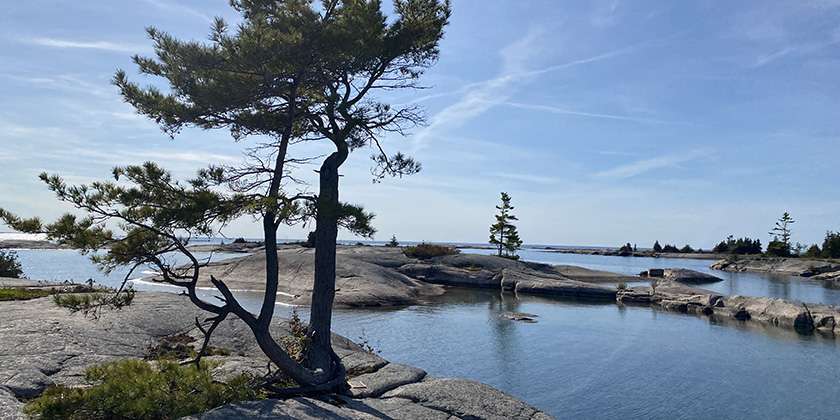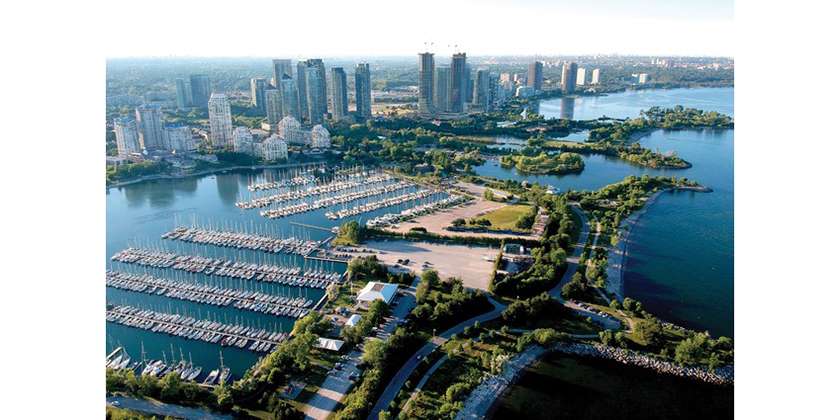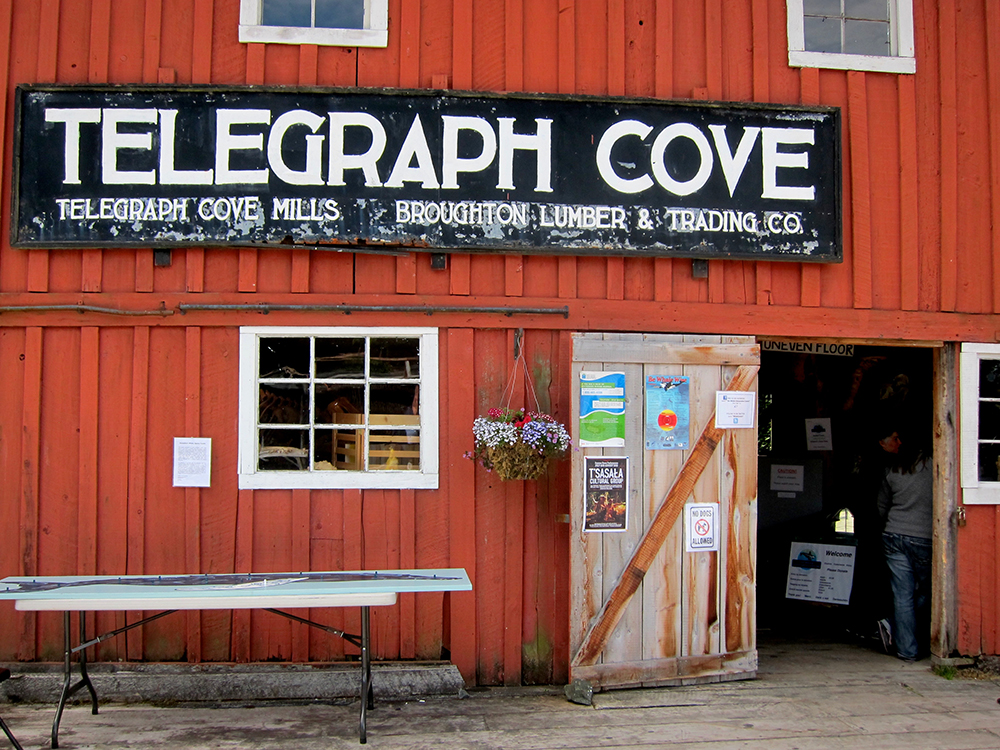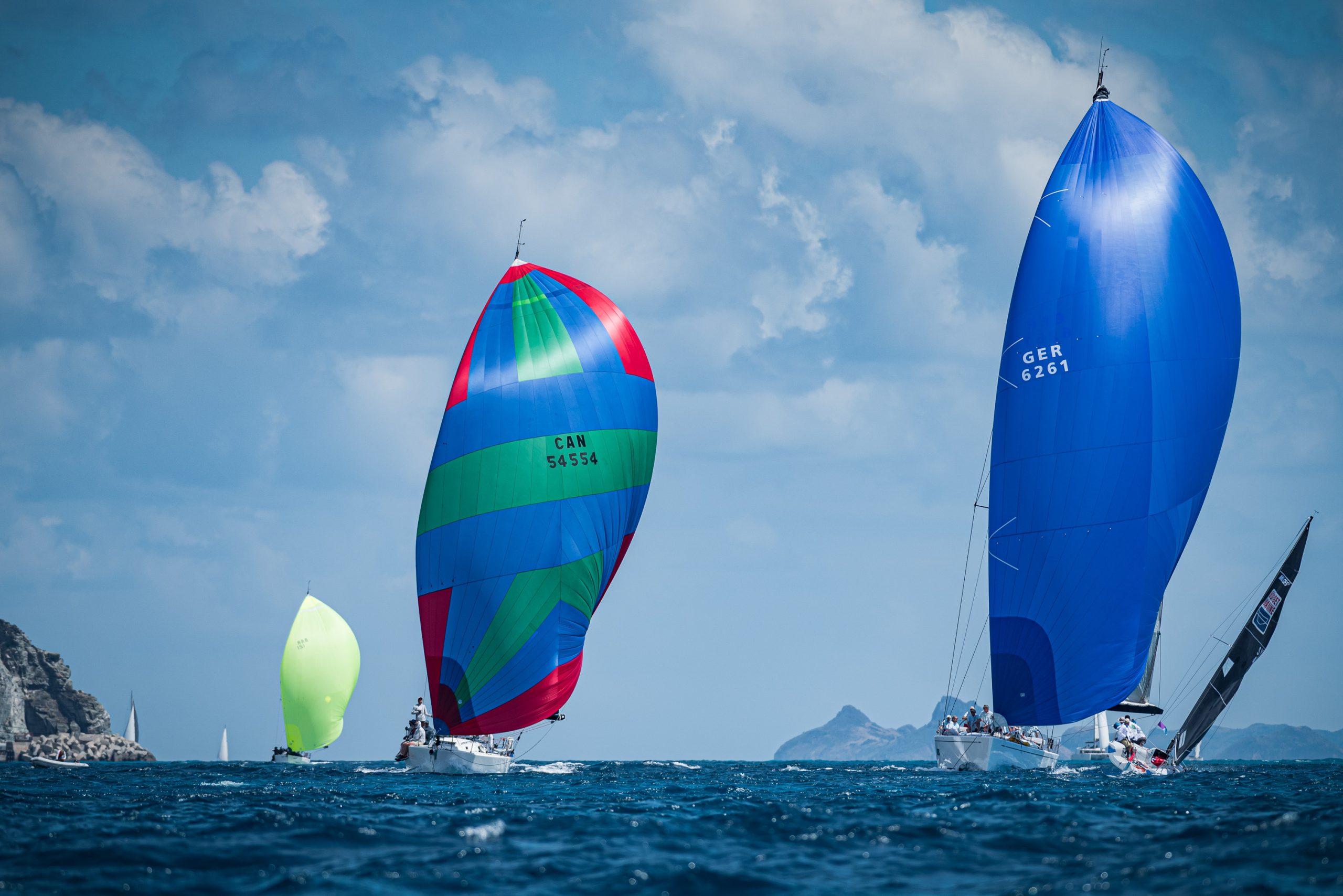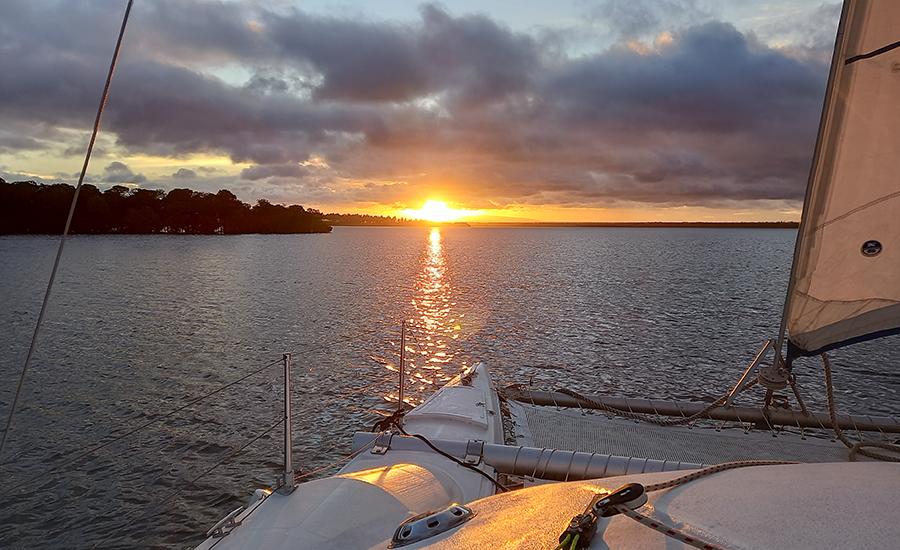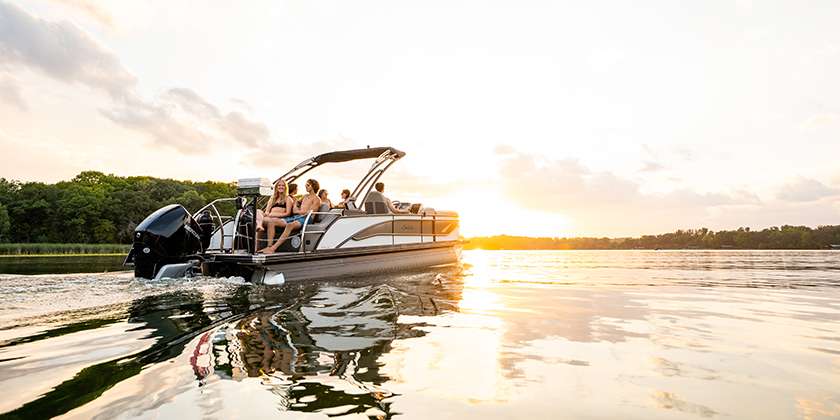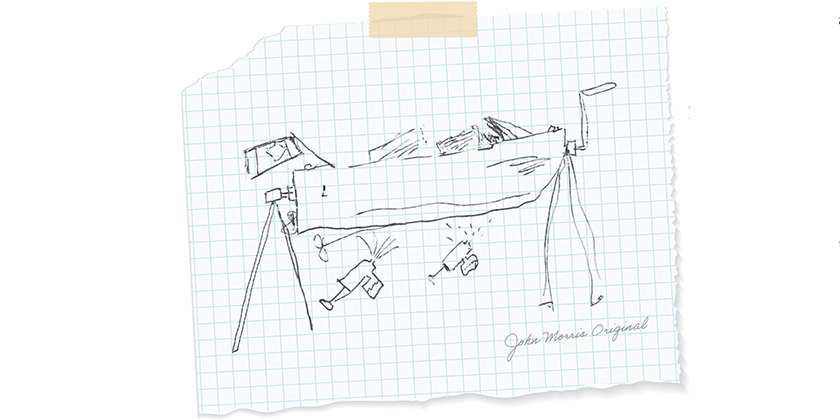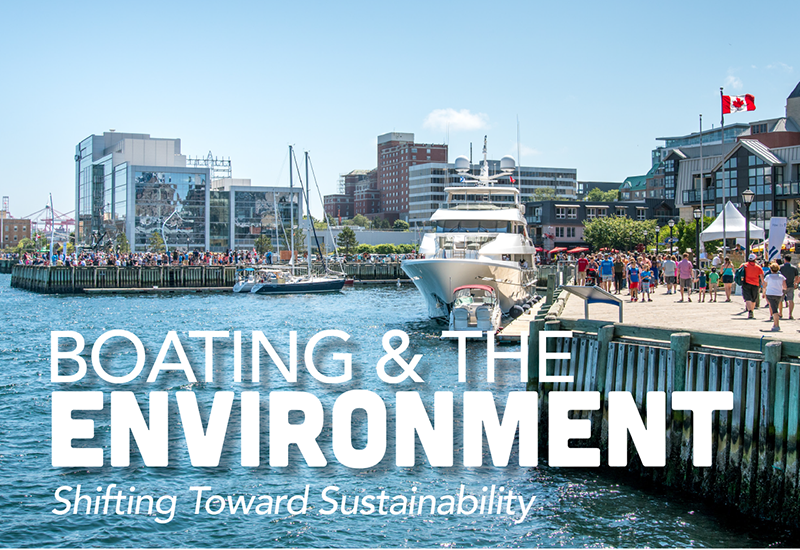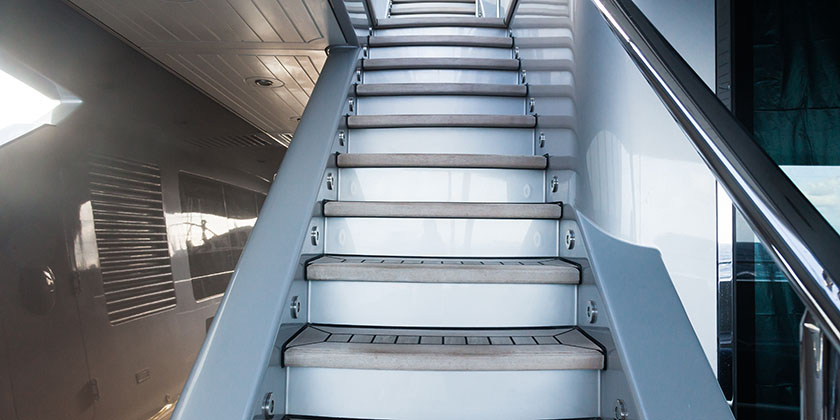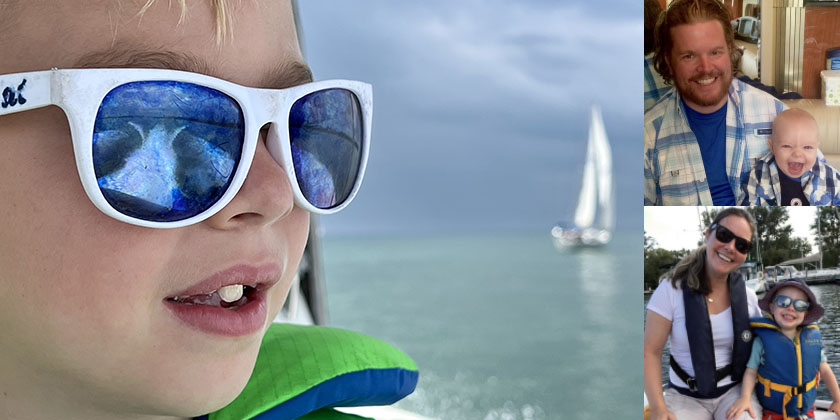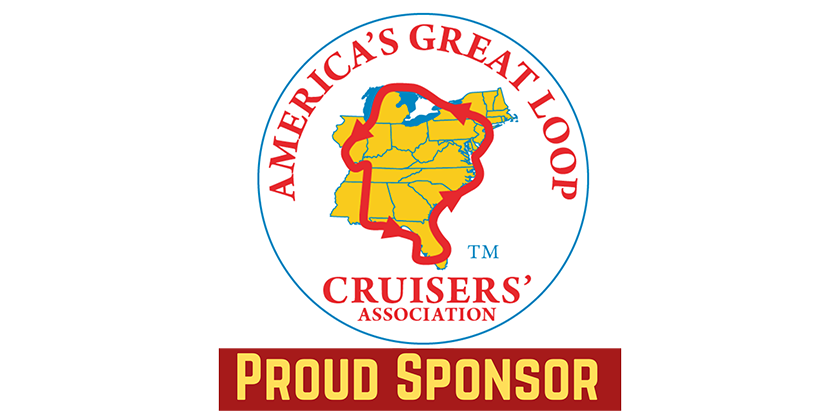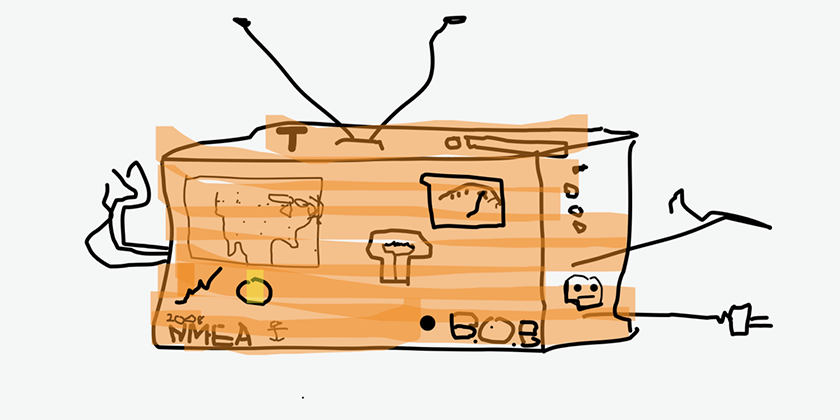Gasoline Containing Ethanol Can Disable Your Engine
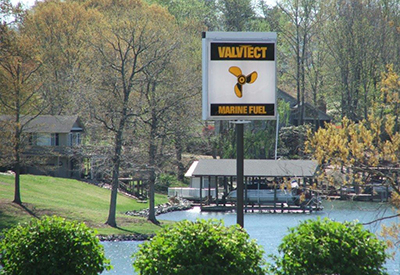
By Andy Adams
For many years now, we have used gasoline in our cars and trucks that contains some amount of ethanol, a form of alcohol, and just as a few drops of water combine almost instantly in your Scotch, moisture from the atmosphere can combine with the ethanol in the gasoline that is in your boat’s fuel tank.
Your motor vehicle has a sealed fuel system to control evaporative losses that are a source of air pollution. Fuel is moved into the engine under pressure and any drips that might escape, drop onto the pavement. The engine is open to the pavement below. In an inboard boat, the hull is below the engine and any drips will collect in the bilge with potentially explosive consequences. Fuel can leak and escape into the casing of your older outboard too, so that’s not a solution.
In a motor vehicle, the fuel in the tank is generally used up fairly quickly. The typically larger quantity of fuel carried in a boat may last weeks before it’s used up. And, fuel is generally left in the boat tanks all winter. Those tanks are vented to the open air for safety (so pressure doesn’t build up) and that could leave the ethanol component six months or more to absorb moisture (water in fact) from the ambient air.
At some point, the ethanol can reach its maximum ability to absorb the water and phase separation occurs inside the tank. This is where the ethanol and water that have combined, separates from the gasoline and it will fall to the bottom of the tank. You have seen spilled gas making rainbow colours on the surface of the water right? Gas and water don’t mix and gas is lighter.
The worst thing is that when phase separation occurs, the ethanol and water can form a heavy blob that does not “fire” in the engine. If the fuel pickup in the tank sucks in a blob like this, the engine can be disabled. That can leave you stranded and in trouble.
But that’s not all. Newer engines are built to withstand a measure of ethanol but older ones were not. The gaskets, rubber hoses and seals that can be found in older engines, were made to withstand exposure to gasoline, but those materials are attacked by the ethanol which is an alcohol. This can cause fuel leaks and even total degradation of the old seals and gaskets that then break up, clog the fuel system and stop the engine.
Last, the water that combines with the ethanol can also cause rust inside the engine.
ETHANOL-FREE MARINE GAS
The solution is simple – just make sure you buy your boat gas from a marina selling ethanol-free gas.
Realize though that the marina sells much lower volumes of fuel than a highway outlet, and because there is no ethanol to lower the cost of the fuel, and often because the marina only has a short season to sell fuel and earn the money to pay for the pumps, tanks and other expensive infrastructure (required by government regulation), the marina fuel will cost more.
That increase in cost is a bargain compared to the cost of fuel system and engine repairs and it’s really hard to calculate the cost of getting stranded with a boatload of family or friends as darkness falls.
To sum up – always buy ethanol-free marine fuel. If that’s not available, you can buy a separate fuel treatment like Star-tron or other fuel stabilizers, but that costs money and you have to add it yourself in the correct measures.
Starting this year, a few marinas are getting ValvTect marine fuel. Hopefully the availability of ValvTect will grow and make your life easier. There will be special signage at these marinas and marinas selling ethanol-free gasoline will almost certainly have signage to promote that.
But the best bet is to ask the marina before your fuel up. Be smart this summer. Be safe and be willing to invest a few dollars more in the right fuel.

